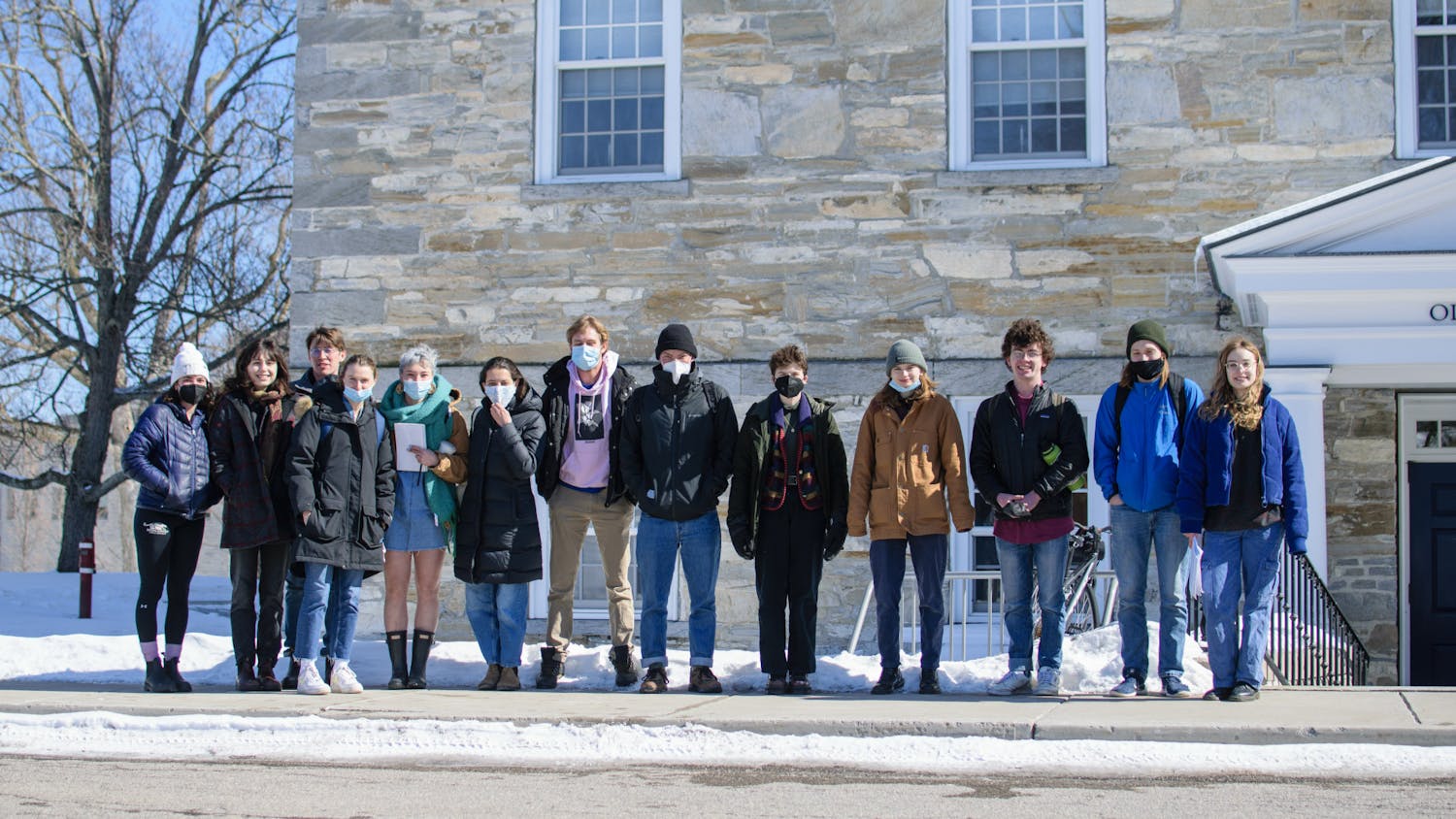For the last week, students of Visiting Professor of History Lana Povitz have been calling on the college to grant her a tenure-track position via partner hire, which has historically been granted to partners and spouses of faculty members. Povitz’s partner is Arabic professor and CV Starr Fellow in International Studies Dima Ayoub.
If this offer is not granted, Povitz will likely depart Middlebury to teach at the University of Montreal, meaning Middlebury could potentially lose the courses Povitz originated, including Modern American Jewish History, History of Sexuality in the U.S. and History of U.S. Food Politics. Povitz’s courses, which focus on Jewish identity, queerness and the rise and fall of radical movements, greatly diversify Middlebury’s American history offerings. Her students have also spoken to her impact as a Middlebury community member and her role in supporting them beyond the classroom.
We as a board believe that this case illuminates larger institutional issues surrounding hiring practices and tenure-track offers. Countless students rallied on behalf of Povitz, and she also noted how the History Department has continuously advocated for her and her courses. In this case, however, the History Department has their own hiring priorities guided by enrollment pressures and curricular goals, so the college would have to make additional funds available for partner hire in order to hire Povitz.
As students, it’s incredibly disillusioning to pay huge sums of money to a school that lets beloved professors go when they shouldn’t have to. The college stated in their DEI action plan in September of 2020 their goal to “explore funding options to support partner hires and post-doctoral residencies” with a timeline of 2021-2023, under the jurisdiction of the Dean of Faculty. Additionally, about half of the five-hundred thousand dollars donated for anti-racism programming had yet to be allocated, as of October of this year. It’s high time to put this strategy to action.
In order for Middlebury to better recruit faculty of color and their families to live in rural Vermont, there must be a robust, well-financed framework for partner hire in place. In many cases, faculty retention can hinge on whether their partner can be employed at the college. If the college is indeed serious about diversifying faculty, partner hire cannot remain an amorphous process in which some candidates are granted it while others are not, where faculty remain in the dark about the intricacies of the process.
Povitz’s potential imminent departure is one saddening instance that points to a broader structure of difficulty and anxiety for academics whose partners are also academics. While Povitz herself is white, Ayoub is not, and Povitz’s departure could impact Ayoub’s presence at the college.
“If I move, it will divide [Ayoub’s] energies and shift her center of gravity away from Middlebury toward Montreal, where many of our friends and family are already based,” Povitz told The Campus in an interview.
While Povitz’s departure has garnered significant attention, the college’s inability to retain professors of color and professors who diversify the curriculum is not a novel phenomenon. For example, the college has lost several professors who are women of color in the past three years. In 2020, American Studies professor J Finley departed Middlebury and now teaches at Pomona College, and Chemistry professor Lesley-Ann Giddens left Middlebury to teach at Smith College. Others have left or are planning to leave after not receiving tenure-track offers.
Partner hire is just one means of faculty retention that Middlebury could be employing more strategically and intentionally. But this is evidently just one piece of the puzzle; Middlebury cannot continuously make statements affirming their commitment to equity and anti-racism and then pass up chances to diversify their curricula or give job security to professors of color in the form of tenure-track positions.



